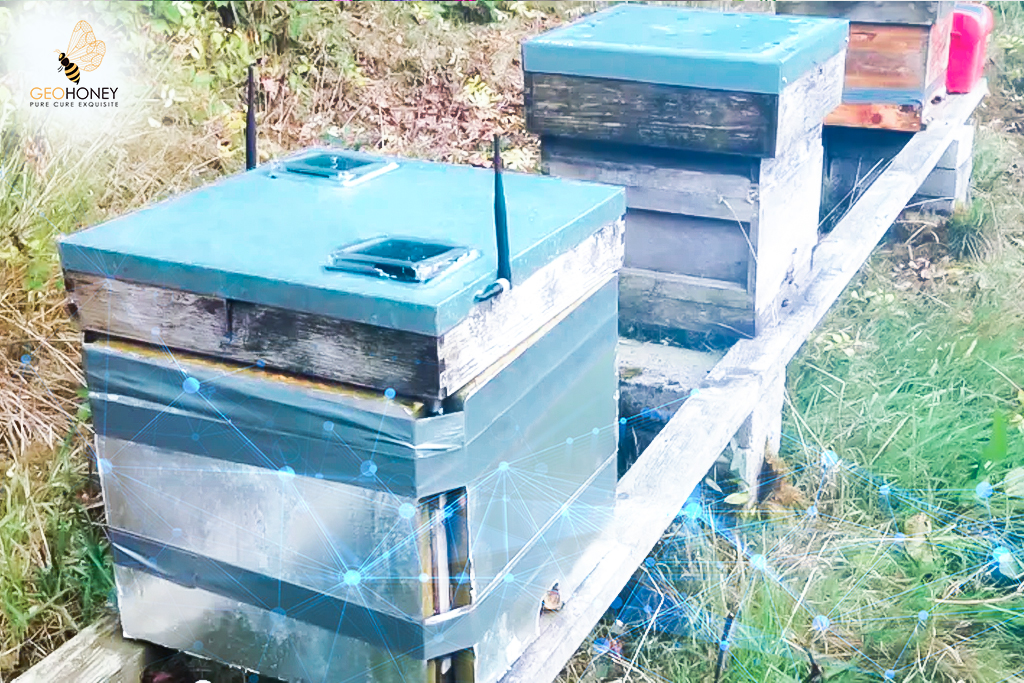- Tokyo: 20:22
- Singapore: 19:22
- Dubai: 15:22
- London: 11:22
- New York: 06:22
Remote Monitoring: An Effective Way Used By Tech Firms To Save Honey Bees

Honey bees play a key role in the environment. These bees work tirelessly to pollinate the majority of crops all around the world and help in maintaining the ecological balance. Rearing bees is extremely essential not only for the environment but for us too. Beekeeping is one of the oldest industries in existence, working to nurture these little pollinators and protect them from several threats.
We all know that the ecosystem will lose its colors and charm without honey bees. But it is actually very distressing that many bee colonies and hives die off every year. Deadly parasitic mites, climate changes, and pesticides are among the most common factors that have led to a drastic decline in the bee population.
Can Monitoring and Listening to Bees Help in Reducing Population Decline?
Various tech firms nowadays are using advanced systems and software to monitor and record the health of various bee colonies. The data collected from this software are extremely helpful in understanding the plight of insects. This data is also beneficial as it tells us how the bees are actually doing.
How Bees Are Monitored?
To collect data, wireless in-hive sensors are used. These sensors effectively collect and transmit data to a dashboard that is managed by experts. According to Mr. Basem Barry, owner of Geohoney, this monitoring system is valuable in collecting the temperature, sound, and humidity of hives and acceleration data of the bees.
These raw data points are further utilized to extract information. This helps in knowing details about hives that are developing and which hives are contracting, or which hives are alive and which hives are dead."
The innovation denotes a huge shift from customary beekeeping practices, whereby beekeepers need to physically review hives. In areas where a portion of the biggest beekeeping firms have more hives, that is a great deal of work.
This is a great way to get an image of what's going on in the entirety of their hives, spread across a huge region. For commercial beekeepers, we see a 50% reduction in labor costs. That immensely affects the business of beekeeping.
Analyzing the data of about 10,000 to 50,000, or maybe even 100,000 bees is almost impossible, and artificial intelligence is doing it in a few seconds. This remote monitoring helps resolve small issues before they become a reason for colony collapse.
This technology is, however, in early stages but it will, later on, help beekeepers understand well about their bees, produce high-quality organic raw honey and also help people gain more interest in knowing about the amazing work done by these hardworking insects.




Nice blog!!!